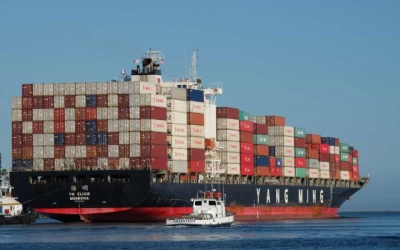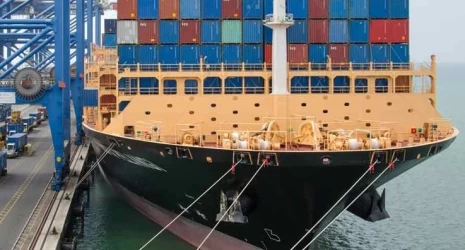Guide to trade with Iran, road transport
Iran, strategically located at the crossroads of Asia and Europe, offers numerous opportunities for international trade. With a population of over 85 million and rich natural resources, including oil and gas, Iran's market is an attractive destination for businesses looking to expand. This article will explore key aspects of doing business with Iran and the significant role of road transportation in this process.
1. Importance of Trade with Iran
Iran's geographical position provides access to the Persian Gulf and neighboring countries, making it a critical hub for international trade. The country’s vast resources and diverse economy present opportunities in various sectors, including energy, agriculture, mining, and industrial production. Here are some reasons why trade with Iran is important:
- Vast Market: Iran's large consumer base presents significant demand for various goods and services.
- Resource Wealth: The country's abundant oil and gas reserves are crucial for global energy supply chains.
- Growing Sectors: Iran's economy is diversifying, with growth in sectors such as technology, pharmaceuticals, and food production.
2. Advantages of Road Transportation in Trade with Iran
Road transportation is one of the most effective methods of moving goods in Iran. Compared to maritime and air transport, it offers several benefits:
- Direct Access: Road transport allows for direct delivery of goods from point to point without the need for unloading and reloading at ports or airports.
- Cost-Effectiveness: Generally, road transport is less expensive than air freight, especially for large shipments.
- Flexibility: Iran’s extensive road network connects major cities and remote areas, making it easier to reach diverse markets.
- Support for International Trade: Iran's roadways are connected to international transport networks, facilitating exports and imports efficiently.
3. Regulations and Requirements for Trading with Iran
Understanding the legal and regulatory framework is crucial for successful trade with Iran. Key requirements include:
- Company Registration: Foreign companies must officially register in Iran or partner with local firms to conduct business.
- Import and Export Licenses: Certain products, such as pharmaceuticals and food items, require special permits for import and export.
- Customs Tariffs: Tariffs on imported goods vary depending on the product type and can significantly impact pricing.
- Currency Exchange: Due to international sanctions, transactions may need to be conducted using alternative currencies or through approved banks.
4. Challenges and Opportunities in Road Transportation
Challenges:
- International Sanctions: Sanctions can limit access to financial services and affect the logistics of transporting goods in and out of Iran.
- Aging Fleet: A portion of Iran's transportation fleet requires modernization, which can impact delivery times.
- Infrastructure Limitations: While Iran has an extensive road network, some areas require infrastructure improvements for efficient transportation.
Opportunities:
- Transit Hub Potential: Iran can serve as a transit route between Asia and Europe, especially in regional initiatives like the Silk Road and the North-South Transport Corridor.
- Investment in Logistics: There are significant opportunities for investment in logistics and transportation infrastructure, enhancing service delivery.
5. Recommendations for Successful Trade with Iran
- Understand Local Culture: Familiarizing yourself with Iranian business culture and building strong relationships with local partners are vital for success.
- Engage Legal and Customs Advisors: Utilizing legal experts experienced in Iranian trade can facilitate smoother market entry.
- Risk Management: Due to currency fluctuations and sanctions, careful financial planning and risk management are essential.
Conclusion
Trading with Iran, despite its challenges, presents substantial opportunities, particularly in sectors like energy, agriculture, and transportation. Road transportation plays a crucial role in this trade, offering cost-effective and flexible solutions for moving goods. By understanding the legal landscape, leveraging transit opportunities, and establishing local partnerships, businesses can successfully navigate the Iranian market.
If you have any specific questions or need further assistance, feel free to ask!











